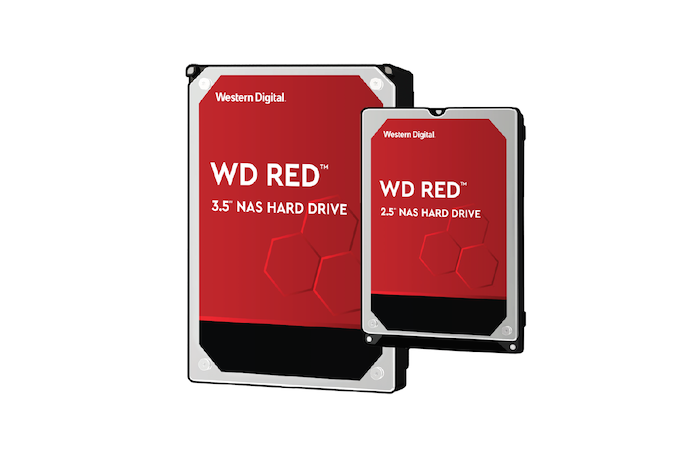hi all,
I am considering buying a NAS solution. All I have right now is a stack of external 2, 4, and 5 TB external drives that I have to connect a few at a time and I would really like to have all content available all the time.
Additionally I guess the NAS is supposedly a more secure solution in terms of back up.
I have never used NAS before, so please indulge ...
I am looking at Synology 6 Bay 2.5" NAS DS620slim (Diskless) available at $675 CAD.
Q1: Is Synology really a better choice than QNAP?
Q2: Is there a limit to the total size of the hard drives that go in each slot? I have not seen anything in the specs about this.
Q3: Is it possible to fill in only, say 3 bays out of six for now and add drives later?
Q4: DO all drives need to have the same specs/size ?
Q5: What is the lowest form of stripping and what is the ratio of useful vs. total space used? (with my limited knowledge I would say that a mirror would take 2 times the size mirrored, therefore, the ratio would be 0.5)
Thank you very much,
mando2023
I am considering buying a NAS solution. All I have right now is a stack of external 2, 4, and 5 TB external drives that I have to connect a few at a time and I would really like to have all content available all the time.
Additionally I guess the NAS is supposedly a more secure solution in terms of back up.
I have never used NAS before, so please indulge ...
I am looking at Synology 6 Bay 2.5" NAS DS620slim (Diskless) available at $675 CAD.
Q1: Is Synology really a better choice than QNAP?
Q2: Is there a limit to the total size of the hard drives that go in each slot? I have not seen anything in the specs about this.
Q3: Is it possible to fill in only, say 3 bays out of six for now and add drives later?
Q4: DO all drives need to have the same specs/size ?
Q5: What is the lowest form of stripping and what is the ratio of useful vs. total space used? (with my limited knowledge I would say that a mirror would take 2 times the size mirrored, therefore, the ratio would be 0.5)
Thank you very much,
mando2023

